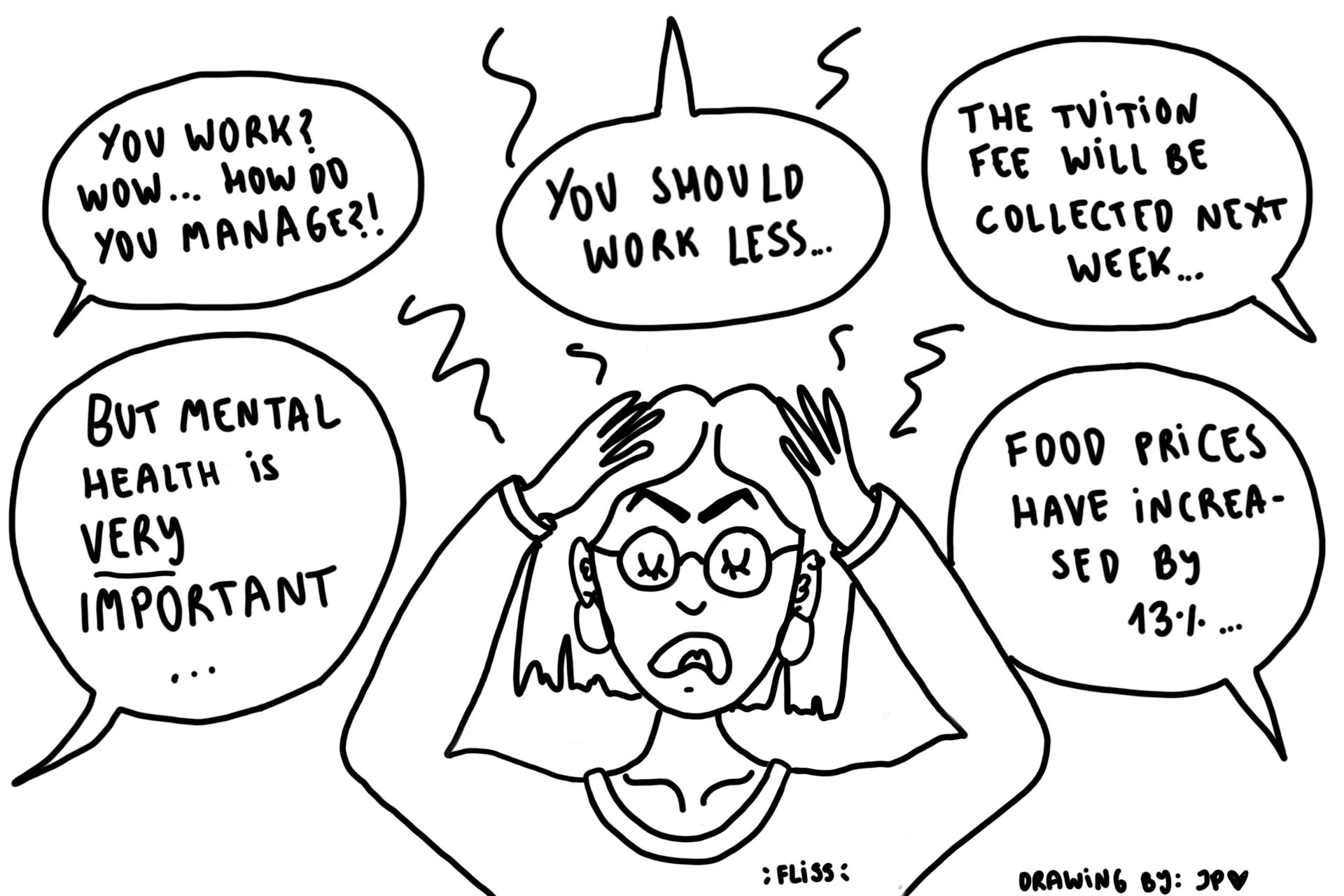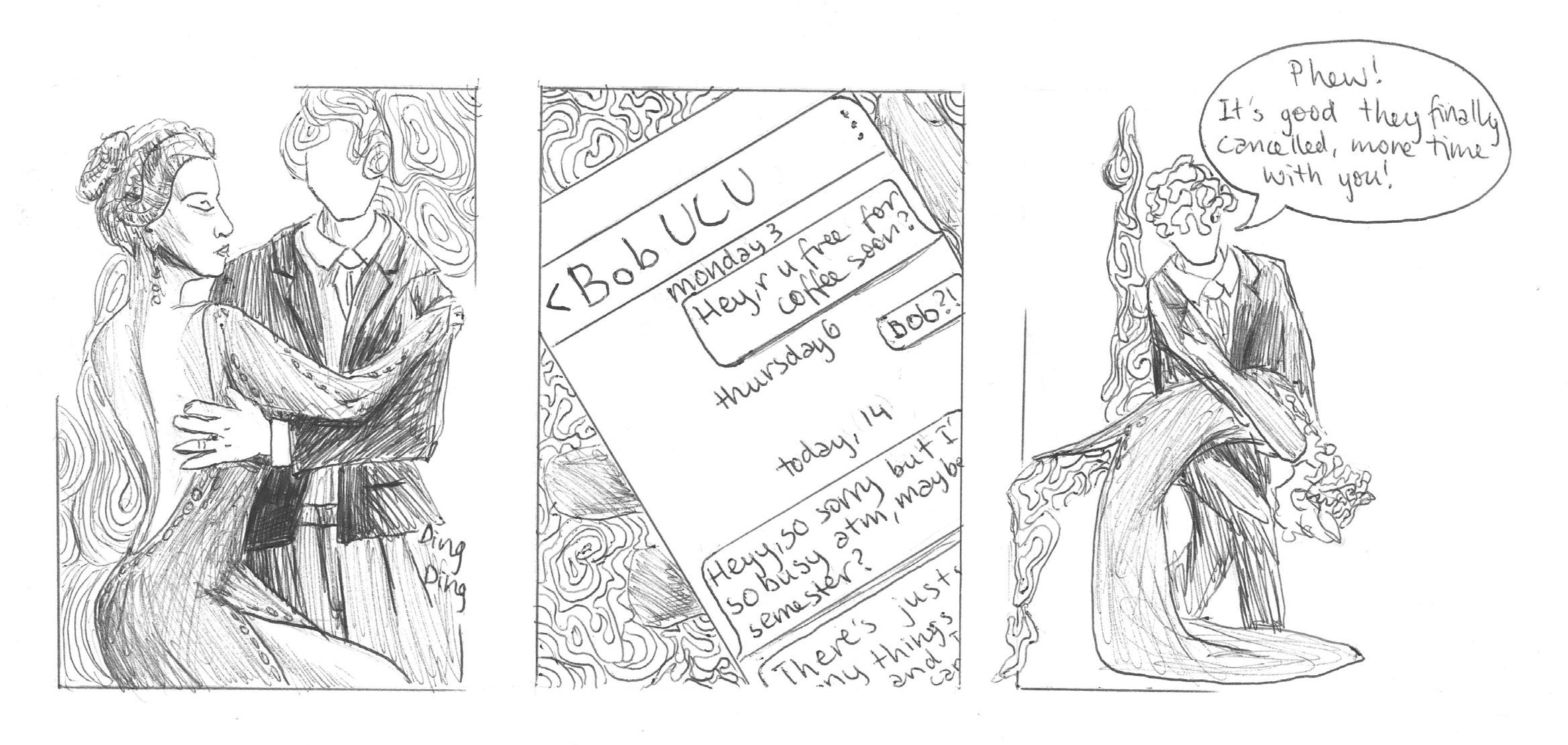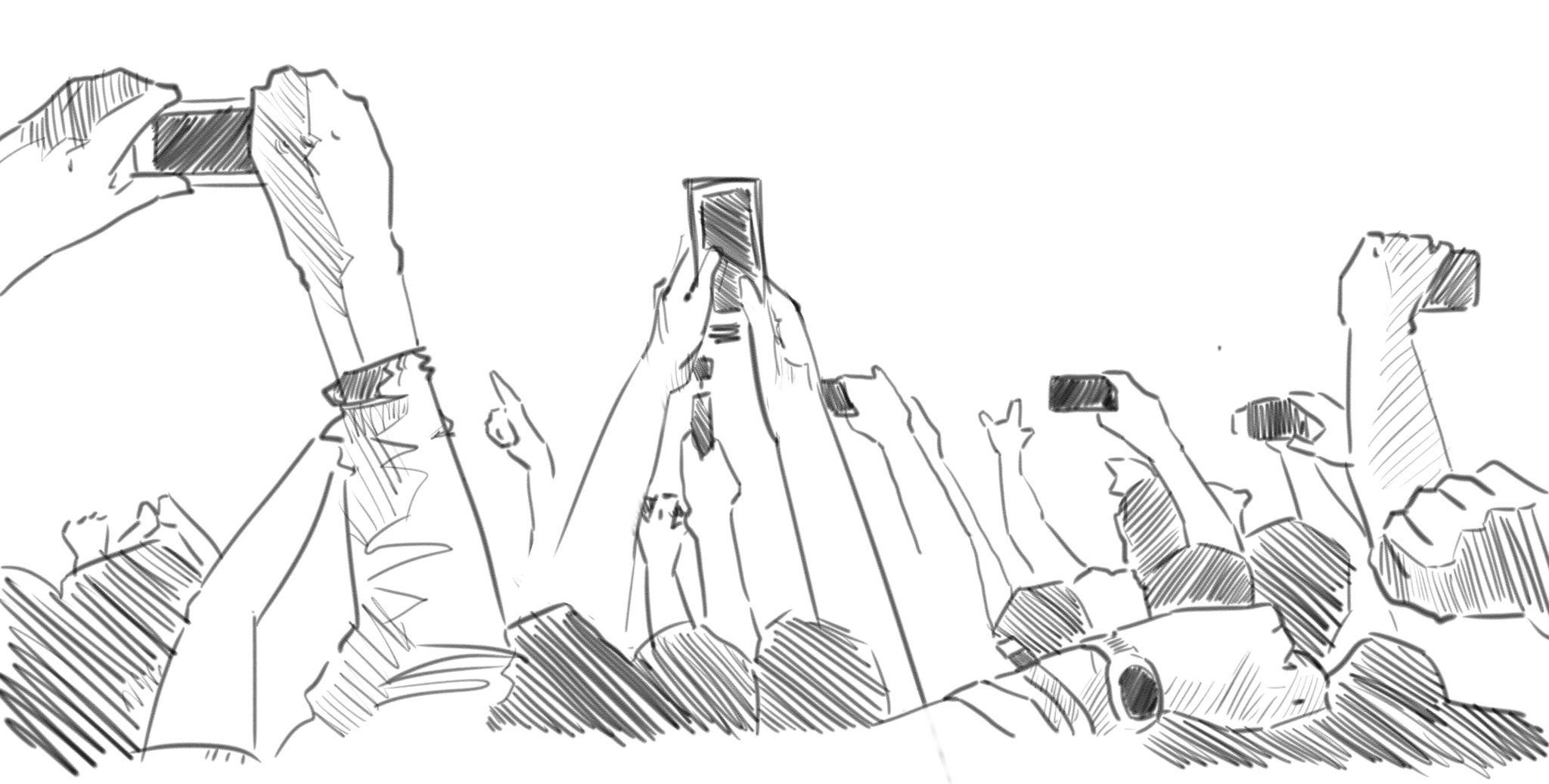
4 minute read
Autism Activist
from Winter 2022
by Karolien van Pul
Please note that this is from my personal experience and not all autistic people experience their autism in the same way.
Advertisement
Whether I chalk it down to being autistic or anxious, I have a hard time attending protests. This sucks because there is so much I want to protest, and so many causes I want to loudly stand behind. I’m talking in this case about protests in the traditional sense; marches through the city, demonstrations, chaining oneself to buildings, signs with slogans and chants through megaphones. But that comes with all sorts of challenges for me; big masses of people, unfamiliarity with my surroundings, shouting and overlapping conversations, so many social cues I can’t read, and a needed ability to act spontaneously or change the course of action if the situation requires it. None of these are things I can handle well on their own, so a combination of all of them at once can knock me out for two days.
In many cases, my body and brain’s responses to these stimuli are considered ‘out of the ordinary.’ I go nonverbal for long periods of time. I dissociate from my surroundings to tune out stressful factors. I have full blown panic attacks. I get overwhelmed by noise and can’t focus on what anyone is saying. I avoid eye contact and lose any facial expression. I get tics and body twitches that can be very sudden and jarring to someone who hasn’t seen them before. All of these possible responses discourage me from attending protests, both for my own sake and that of the protest and protesters around me. Another concern is the presence and involvement of police at many of these events. Too often I read stories about interactions between police and autistic people escalating because many of the mannerisms I described are mistaken for apathy, non compliance, aggression, or being on drugs. If you want to read more about that, I recommend 'What happens when people with autism interact with police?' by Sean O’Malley (2017, CAMH). than ‘active’ like them. This is also an issue more broadly applicable to being autistic or neurodivergent in general; comparing myself to people around me and their abilities. Without psychoanalysing myself too much in a Boomerang article, this train of thought is not permanent. I do what I can within my own limits, and there's not much more I can do than that. My friends are able to do things differently than I am, which impresses and amazes me everyday, but isn't a reason for me to be harsh on myself.
I think I’ve pretty much established that, unfortunately, I can’t really attend these protests. So where does that leave me? It leaves me with three things to think about; other ways I can support causes I’m passionate about, a gnawing bout of imposter syndrome, and checking my privileges.
Starting with my first point, there are many ways to still be supportive. Sharing information about events on social media and in your social circles. If you know the organisers personally, it can be helpful to provide time and resources with the set-up and preparation, perhaps you can financially support a cause. Of course, you can learn about a cause and amplify the voices of those most affected. Additionally, if you, like me, are unable to attend most protests and are unsure how to help a specific cause, ask someone involved. They’ll know what help they need.
Lastly, I'd like to point out the role privilege plays in this. Although some of the causes I support do affect me directly, being Dutch and white, a majority of them don’t. Meaning that my survival does not depend on a protest being successful or not. This could make it easier to say ‘Well, that protest is going to be a bit too overwhelming for me, so I’m going to just take a back seat and stay at home for this one’, because at the end of the day it doesn’t change my own life directly. Not everyone has the financial means to donate to a cause when they also have difficulty taking to the streets.
As worried as I might be about police interactions at protest, this is without a doubt something people of colour – and by extension neurodivergent people of colour – deal with more. Although personal safety and comfort are important, in instances where it’s a question between being slightly worried at a protest or staying at home where your comfort, and perhaps complicity, are never challenged, you accept the worry and show up. Demonstrations need people. So those who can, go to protests and use your privilege to help a movement.
Then, imposter syndrome. Something I feel a lot in the activism sphere. I join group chats about organising events and then I rarely show up. I post about protests on my Instagram story that I do not go to when the day arrives. It makes me worry that I’m just being performative and not truly helping. ‘Fraud activist’, my brain tells me. Protests need people, and I’m just hiding behind a screen. It’s a vicious cycle of wanting to do more, not wanting to come across as performative, and not being harsh on myself for realising and respecting my limits. A difficult scale to balance. When I see my friends, many of which are very active in a lot of social movements, my imposter syndrome tells me I’m not really helping the issues I care about because I’m too ‘passive’, rather
My main goal of writing this article is to extend support to other autistic/neurodivergent people who struggle with the same issue. Imposter syndrome and frustration about ability compared to neurotypicals are difficult to deal with. Realising, accepting, and respecting our own boundaries is also tough, and something that takes time. Figuring out how to be the best activist you can be given your capabilities is a skill to develop over time and with experience. Keep an eye out for toeing the line between learning how you best protest, and drawing attention away from the cause. In other words, if you are acting in solidarity, do what you can without centering yourself. Hopefully this has helped someone who is grappling with the same struggles, and provides some comfort. And remember, if you can go to protests, please do.









